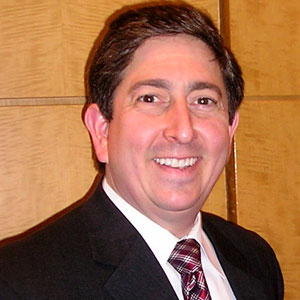
The American Cancer Society has partnered with the Centers for Disease Control and Prevention (CDC) to promote public awareness and adoption for the human papilloma virus (HPV) vaccine. The joint initiative, dubbed the National HPV Vaccination Roundtable, brings together public, private, and voluntary experts to raise awareness of the benefits of the vaccine in an effort to decrease incidence and mortality rates associated with HPV cancers.
According to the CDC, HPV-related cancers may be associated with more than 31,000 diagnoses each year. Cervical cancer is the most commonly diagnosed HPV cancer in women; oropharyngeal cancers are most common among men. HPV is also related to cancers in the rectum, anus, vulva, vagina, and penis. The current recommendation is that preteen boys and girls receive the vaccine between the ages of 11 and 12.
The roundtable is charged with reducing associated cancers through a number of steps:
- Increasing frequency and strength of clinician recommendations for HPV vaccine
- Decreasing missed opportunities for HPV vaccine administration
- Increasing HPV vaccination rates at national and states levels, with a focus on girls and boys aged 11–12
The push to increase vaccination rates is a bold but much-needed effort. The roundtable has also created the We’re In campaign to speak directly to younger audiences and their parents about the cancer prevention benefits of the HPV vaccine. ONS continues to champion cancer prevention tactics, including the importance of HPV vaccinations.






